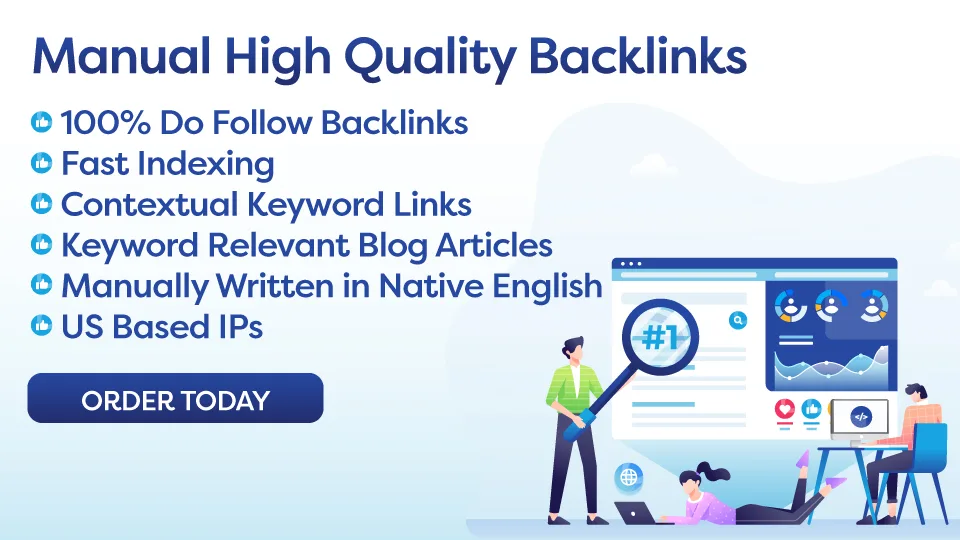Small business website design for SEO is crucial for success in the digital world. Key elements include user-friendly design, mobile responsiveness, optimizing content with relevant keywords, and building backlinks for site authority. To improve, conduct a website audit, research keywords, ensure mobile responsiveness, create valuable content, and build backlinks through various strategies. By focusing on these aspects, businesses can attract and retain customers, increase visibility and ranking on search engines, and ultimately drive more traffic and leads. Backlinks are essential for improving site authority and credibility, leading to higher search engine rankings. Mobile responsiveness can be achieved through responsive design and optimizing content for mobile users.
Small business website design for SEO is crucial for the success of your business in today’s digital world. With more and more consumers turning to the internet to find products and services, having a well-designed website that is optimized for search engines is essential for attracting and retaining customers. In this article, we will discuss the key elements of small business website design for SEO and provide you with tips on how to improve your website’s visibility and ranking on search engines.
Key Takeaways:
1. Designing a user-friendly website:
– Important elements to include on your website for a positive user experience
– The significance of mobile responsiveness for SEO
2. Optimizing content for search engines:
– How to conduct keyword research and integrate keywords into your content
– The importance of creating high-quality, relevant content for SEO
3. Building backlinks and improving site authority:
– Strategies for acquiring quality backlinks to your website
– How site authority affects your website’s ranking on search engines
Designing a user-friendly website:
When it comes to small business website design for SEO, one of the most important factors to consider is the user experience. Your website should be easy to navigate, visually appealing, and have a clear call-to-action for visitors. including important elements such as a homepage, About Us page, contact information, and a blog section can help improve user experience and keep visitors on your site longer. Additionally, ensuring that your website is mobile responsive is crucial for SEO as Google now prioritizes mobile-friendly websites in search engine rankings.
Optimizing content for search engines:
Another key aspect of small business website design for SEO is optimizing your content for search engines. This includes conducting keyword research to identify relevant keywords for your industry and integrating them strategically into your website content. Keywords should be included in your meta titles, meta descriptions, headings, and throughout your website copy to improve your chances of ranking for relevant search queries. Additionally, creating high-quality, relevant content that answers your target audience’s questions and provides value can help improve your website’s ranking on search engines.
Building backlinks and improving site authority:
In addition to user-friendly design and optimized content, building backlinks to your website is essential for improving your site’s authority and ranking on search engines. Backlinks are links from other websites that point to your website and can help increase your website’s credibility and trustworthiness in the eyes of search engines. There are various strategies you can use to acquire quality backlinks to your site, such as guest posting, creating shareable content, and reaching out to relevant websites for link-building opportunities. Improving your site authority through backlinks can help boost your website’s visibility and ranking on search engines.
Action Plan:
1. Conduct a website audit to identify areas for improvement in your current website design and SEO strategy.
2. Research relevant keywords for your industry and integrate them strategically into your website content.
3. Implement mobile responsiveness on your website to optimize for mobile users and improve your SEO performance.
4. Develop a content strategy that focuses on creating high-quality, relevant content that answers your target audience’s questions and provides value.
5. Build backlinks to your website through strategies such as guest posting, creating shareable content, and reaching out to relevant websites for link-building opportunities.
In conclusion, small business website design for SEO is essential for attracting and retaining customers in today’s digital age. By focusing on user experience, optimizing content for search engines, and building backlinks to your site, you can improve your website’s visibility and ranking on search engines, ultimately driving more traffic and leads to your business.
FAQ:
Q: How can I improve my website’s mobile responsiveness?
A: You can improve your website’s mobile responsiveness by using a responsive design, testing your website on different devices, and optimizing images and other content for mobile users.
Q: What is the significance of backlinks for SEO?
A: Backlinks are important for SEO because they help improve your website’s authority and credibility in the eyes of search engines, ultimately leading to higher rankings in search results.

